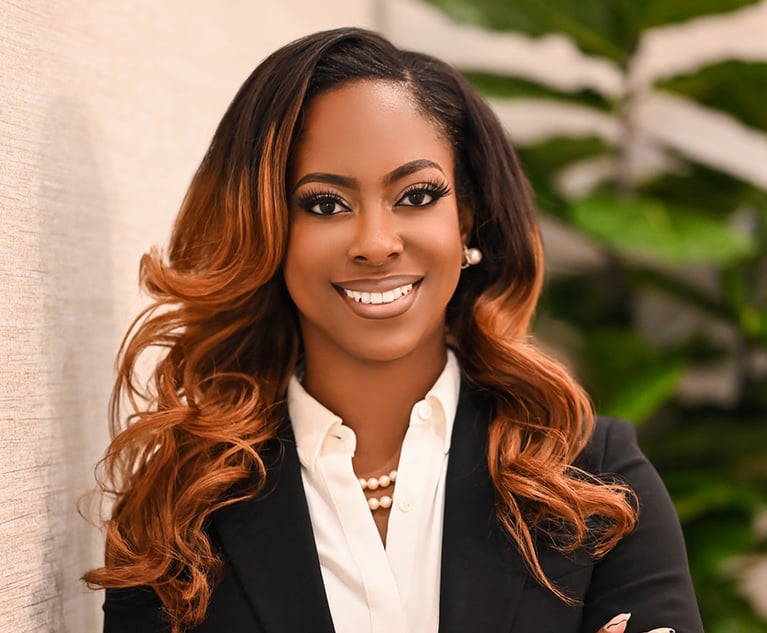Jennifer Braceras and Anita Milanovich of the Independent Women’s Forum oppose Aimee Stephens’ right to keep her job as a funeral home director—one she did well for six years before coming out as a transgender women. In their recent NLJ op-ed and their amicus brief in R.G. & G.R. Harris Funeral Homes v. EEOC. They claim workplace fairness for transgender people will end girls’ and women’s sports programs. The U.S. Supreme Court will hear the case in October. In their brief, the also duo argues that protecting her job will cause legal conflicts for schools and sports clubs. Their leaps of logic are long indeed, but they won’t win any medals. They mistake the facts, the law and who is at risk.
Everyone Deserves the Chance to Compete
First, the concept of transgender people competing in sports isn’t new. Many schools and the National Collegiate Athletic Association for years have allowed transgender athletes to compete according to their gender identity. They have rules to ensure fairness among athletes and for staff. There has been no discernible lessening of opportunities for anyone. This should be no surprise—transgender people comprise only 0.6% of the population, and many care little for competitive sports.
This content has been archived. It is available through our partners, LexisNexis® and Bloomberg Law.
To view this content, please continue to their sites.
Not a Lexis Subscriber?
Subscribe Now
Not a Bloomberg Law Subscriber?
Subscribe Now
LexisNexis® and Bloomberg Law are third party online distributors of the broad collection of current and archived versions of ALM's legal news publications. LexisNexis® and Bloomberg Law customers are able to access and use ALM's content, including content from the National Law Journal, The American Lawyer, Legaltech News, The New York Law Journal, and Corporate Counsel, as well as other sources of legal information.
For questions call 1-877-256-2472 or contact us at [email protected]


 Tennis player Dr. Renee Richards, shown in action at stadium in Forest Hills, New York during U.S. Open tennis match on Sept. 1, 1977. (AP Photo/Dave Pickoff)
Tennis player Dr. Renee Richards, shown in action at stadium in Forest Hills, New York during U.S. Open tennis match on Sept. 1, 1977. (AP Photo/Dave Pickoff)






